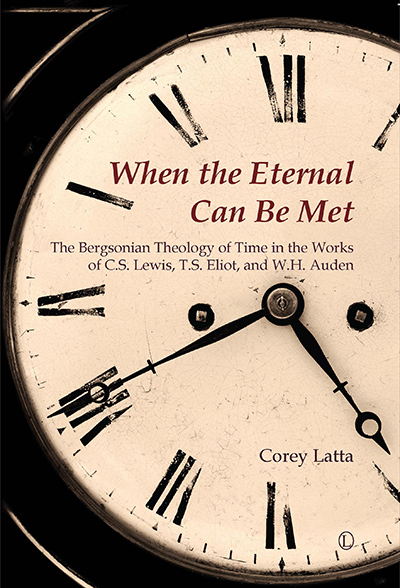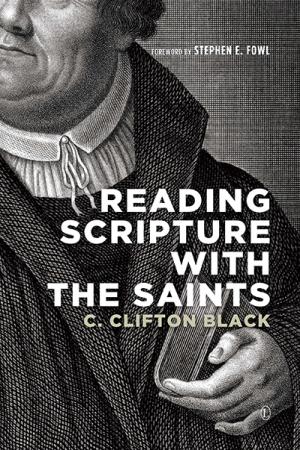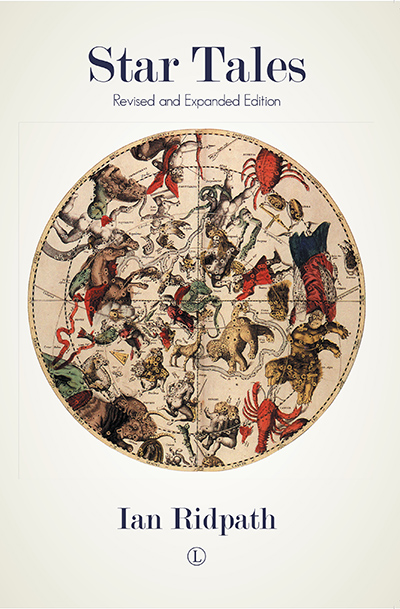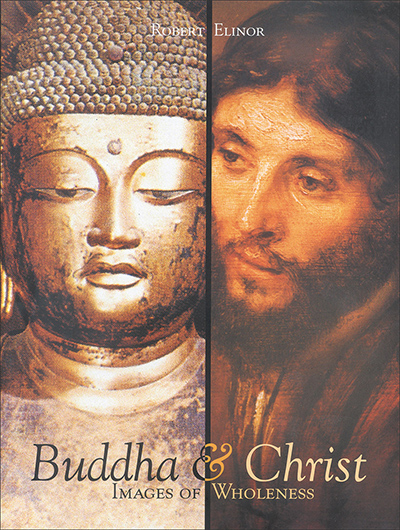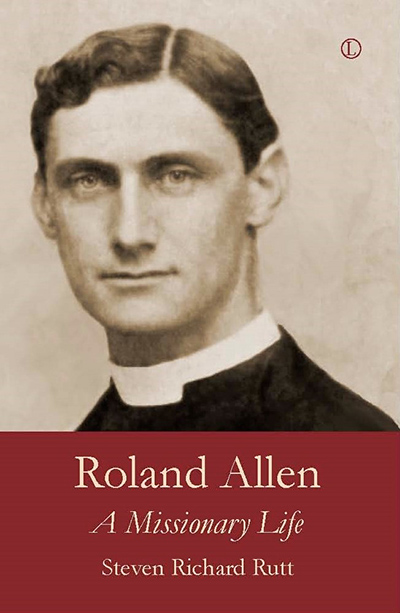Description
When the Eternal Can Be Met excavates the philosophy behind the theology of the twentieth century’s most prominent Christian writers: C.S. Lewis, T.S. Eliot, and W.H. Auden. These three literary giants converted to Christianity within little more than a decade of one another, and interestingly, all three theological authors turned to the theme of time. All three authors also came to remarkably similar conclusions about time, positing that the temporal present moment allowed one to meet the eternal.
The prominent philosopher Henri Bergson wrote about time’s power to transform an individual’s emotional and spiritual state decades before Lewis, Eliot, and Auden sought to creatively construct a fictive or poetic theology of time. In this book, Corey Latta argues that one cannot fully understand Lewis, Eliot, and Auden’s theology of time without understanding Bergson’s theories. From the secular philosophy of Bergson dawned the most important works of literary theology and treatments of time of the twentieth century, and in the Bergson-influenced literary constructs of Lewis, Eliot, and Auden, a common theological articulation sounds out – time present is where humans meet God.
About the Author
Corey Latta is currently Vice President of Academics at Visible Music College in Memphis, Tennessee. He is the author of Election and Unity in Paul’s Epistles to the Romans (2009) and Functioning Fantasies: Theology, Ideology, and Social Conception in the Fantasies of C.S. Lewis and J.R.R. Tolkien (2010).
Contents
Introduction
1. The Task of Theologizing Literature in the Twentieth Century
2. Bergsonian Conceptions of Time: Duration, Dualism, Intuition
3. Meeting the Eternal in the Present: Bergsonism and the Theology of Present Time in C.S. Lewis’s The Great Divorce
4. T.S. Eliot’s Bergsonian “Always Present”: Incarnation and Duration in Four Quartets
5. W.H. Auden’s Themes of Time and Dualism: The Bergsonian Theology of “Kairos and Logos”
Conclusion
Bibliography
Endorsements and Reviews
This study is yet more proof that C.S. Lewis is finally coming into his deserved recognition as a formidable twentieth-century author and intellect. Latta’s fine study breaks new ground in identifying how the ‘dinosaur’ Lewis also belonged to his own age.
Jameela Lares, Professor of English, University of Southern Mississippi
Latta’s work here is important – not least because it helps to place C.S. Lewis in context with his modernist contemporaries. For too long have scholars read Lewis in isolation from the thinkers to whom he responded. When the Eternal Can Be Met helps to paint a picture of Lewis, who wrote in the same world and about the same ideas with which Bergson, Auden, and Eliot wrestled.
Armond Boudreaux, Assistant Professor, East Georgia State College
A daring venture. … Latta’s ambitious attempt to locate Lewis more clearly within the 20th century has much of interest.
Brian Murdoch, in Literature and Theology, Vol 31, Issue 3
Latta has put us in his debt, because this thorough study enables students and scholars – whether of theology and/or literature – not to neglect a crucial dimension not merely to each of these subjects individually, but to all three in dialogue.
Frank England, in Theological Book Review, Vol 27, No 2

